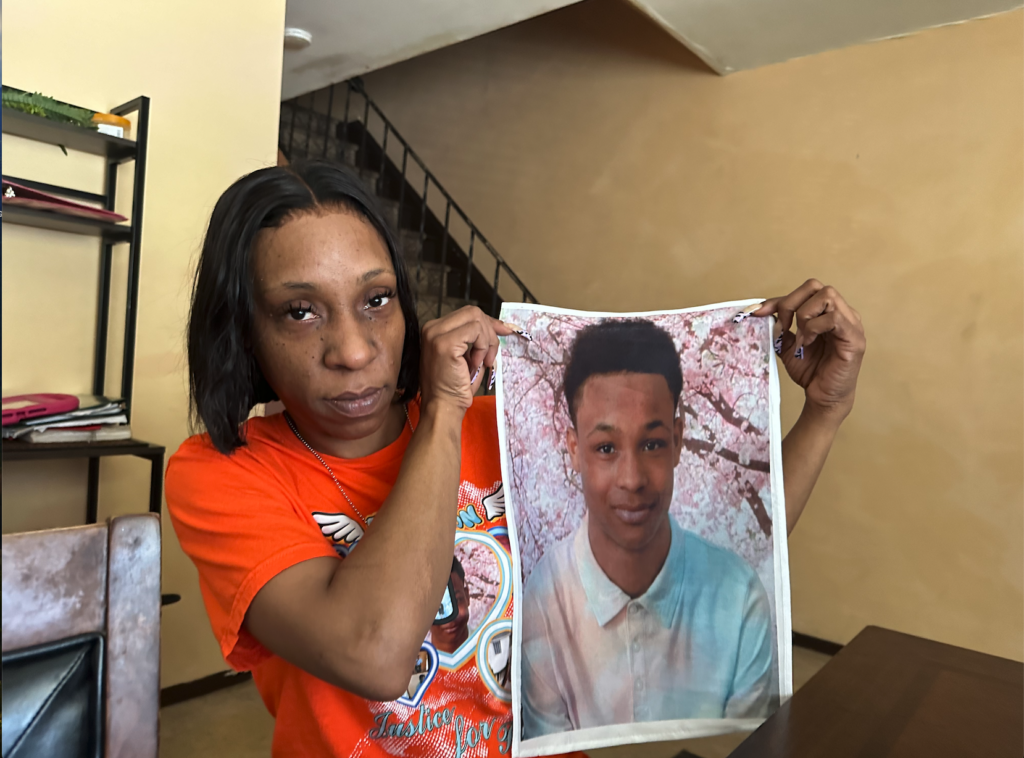Overdose deaths down locally this year as numbers soared nationally in 2020

Opioid deaths in Southold and Riverhead towns from Jan. 1 to date amount to a number both towns’ police chiefs hope will stay the same in the coming weeks.
The number for Riverhead? Zero. And for Southold? One.
“Our hope is that this will hold up, but with recent years in mind, it likely won’t,” said Riverhead Police Chief David Hegermiller. “But it is very good so far.”
Data from the Suffolk County Medical Examiner’s office tell the story of opioid overdose deaths from 2018 to the present. In both Riverhead and Southold, the chiefs dispute those numbers and county officials say what appears to be an overdose death at the local level can later be reclassified as something else when a more thorough study is done at the county level.
For example, county figures for 2020 — the year of the pandemic — show 13 overdose deaths in Riverhead and two in Southold.
“That doesn’t sound right to me,” Chief Hegermiller said. “I say we had seven that year. Our peak year was 2016 when we had 14.”
For Chief Martin Flatley in Southold, the number on the county list of two deaths in 2020 also doesn’t sound right.
“I pulled my 2020 reports to the state,” he said. “I had six Narcan cases, and everyone lived. Of those, two were heroin, one was pain pills, one possible crystal meth and two unknown.”
Like Chief Hegermiller, Chief Flatley said the number one so far this year, while a tragedy for the family involved, is good news when compared to previous years and to national overdose death numbers, which set a record in 2020.
“We hope it continues,” he said.
Last week, the Centers for Disease Control and Prevention said drug overdose deaths rose by nearly 30% nationally in 2020, the highest number of deaths ever recorded. More than 93,000 people died from overdoses in 2020, a 29.4% increase from the 72,151 deaths recorded in 2019.
The CDC’s National Center for Health Statistics said overdose deaths from fentanyl and methamphetamine also increased in 2020, as did cocaine deaths and deaths from prescription pain medications.
Nationally — and locally — experts said the COVID-19 pandemic caused deep disruptions in the lives of people who were already living on the edge in terms of drug issues.
“We have seen over and over again that people relapsed because of the pandemic,” said Dr. Lloyd Simon, medical director of Stony Brook Eastern Long Island Hospital’s Inpatient Substance Addiction Program.
“All the support systems were cut out,” he said. “You take people who were fragile to start with, take away their outpatient counseling, take away any 12-step help meetings — and some people lost their actual mediations — and the pandemic caused this problem to get worse.”
David Cohen, director of Quannacut Outpatient Services in Riverhead, said, “The numbers were all skewed during the pandemic. The numbers trended up while it was going on. Everything was up. We certainly saw an influx of patients. It was pretty dramatic.”
On Tuesday, New York Attorney General Letitia James announced a whopping $1.1 billion settlement with three of the nation’s largest opioid distributors, which were accused of mass distribution of opioids without regard to the national addiction and overdose crisis. Last week, the Suffolk County Legislature voted to accept $21.5 million from four major pharmacy chains and an opioid manufacturer as part of a settlement charging the companies fueled the opioid crisis across the region. The Nassau County Legislature gave its approval for a settlement totaling $28.3 million.








